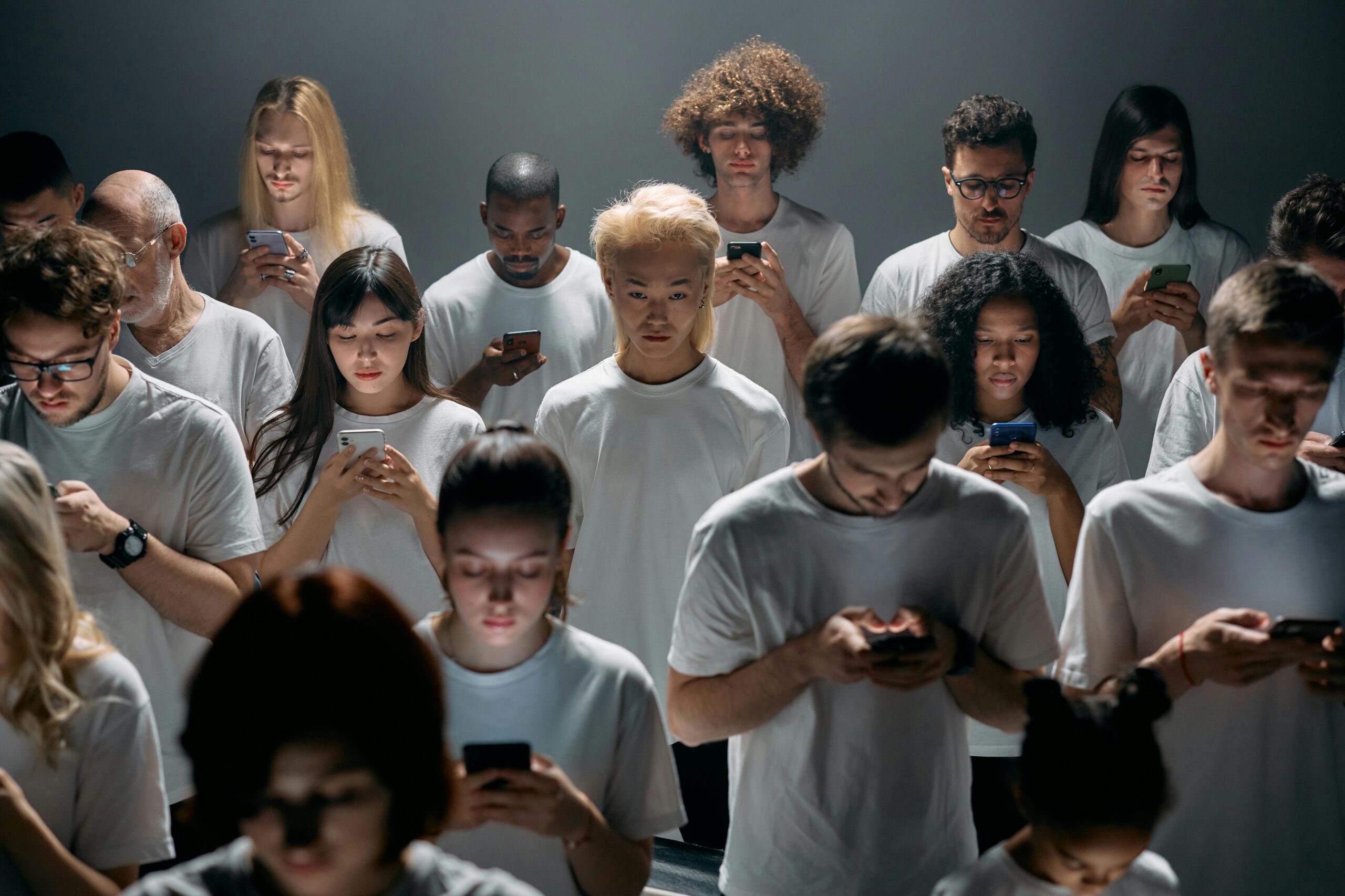The Dark Side of Social Media: How Algorithms Influence Our Lives
How Algorithms Influences Our Lives; social media has changed how we connect, share, and consume certain information. But beneath the surface of endless scrolling and personalized content lies a powerful, often invisible force of algorithms. These complex systems dictate what we see, who we interact with, and even how we think. While they offer convenience and customization, they also raise serious concerns about privacy, mental health, and societal polarization.
1. The Power of Algorithms: What Are They?
At their core, social media algorithms are designed to curate content based on user behavior. They analyze your clicks, likes, shares, and watch time to deliver what they think you’ll engage with the most. Platforms like Facebook, Instagram, Twitter, and TikTok prioritize content that keeps users on their apps longer, maximizing ad revenue and data collection.
2. The Echo Chamber Effect: Reinforcing Biases
Algorithms are designed to show us content that aligns with our interests and beliefs. While this can enhance user experience, it also creates echo chambers and digital spaces where opposing viewpoints are filtered out. This leads to confirmation bias, making users more susceptible to misinformation and reducing exposure to diverse perspectives.
3. The Mental Health Toll: Anxiety, Depression, and Addiction
Social media algorithms prioritize engagement, often promoting content that triggers strong emotional responses. This can lead to:
a. Doomscrolling: The endless consumption of negative news, increasing stress and anxiety.
b. Comparison Culture: Seeing curated highlights of others’ lives can lead to low self-esteem and depression.
c. Social Media Addiction: The dopamine and driven design of likes and notifications creates addictive behaviors, making it harder to disconnect.
4. Manipulating Consumer Behavior
Ever noticed how an ad for a product you casually mentioned appears in your feed? Algorithms track your online activity and use predictive analytics to influence purchasing decisions. While convenient, this level of data collection raises ethical concerns about consumer manipulation and privacy breaches.
READ ALSO: THE DARK SIDE OF THE WORLD
5. Political Influence and Misinformation
How Algorithms Influence Our Lives; social media plays a crucial role in shaping public opinion, but it’s also a breeding ground for misinformation. Algorithms often amplify sensational or misleading content because it garners higher engagement. This has led to:
- The Spread of Fake News: Misinformation spreads six times faster than the truth on Twitter.
- Election Manipulation: Foreign and domestic actors use algorithmic loopholes to influence voter behavior.
- Polarization: By prioritizing controversial content, algorithms deepen political and social divides.
6. The Loss of Privacy: Data Mining and Surveillance
Every click, like, and comment is data. Social media platforms collect vast amounts of personal information, which can be used for:
- Targeted Advertising: Companies create highly specific user profiles for precise ad targeting.
- Third-Party Data Sales: User data is often sold to external entities, sometimes without consent.
- Government Surveillance: Authorities can access social media data for monitoring and control.
7. Can We Fix the Algorithmic Problem?
While completely avoiding social media is unrealistic, there are ways to mitigate its negative impact:
- Algorithm Transparency: Platforms should provide insights into how content is ranked and recommended.
- Stronger Regulation: Governments need to enforce stricter privacy laws and hold platforms accountable.
- User Awareness: Being mindful of how algorithms work can help users make informed choices about their online consumption.
- Ethical AI Development: Tech companies must prioritize ethics over engagement metrics.
How Algorithms Influences Our Lives: Final Thoughts
How Algorithms Influences Our Lives; Social media algorithms wield immense power over our thoughts, emotions, and behaviors. While they enhance our digital experience, they also come with unintended consequences that affect mental health, democracy, and privacy. The challenge moving forward is to strike a balance—harnessing the benefits of social media while mitigating its darker effects.
